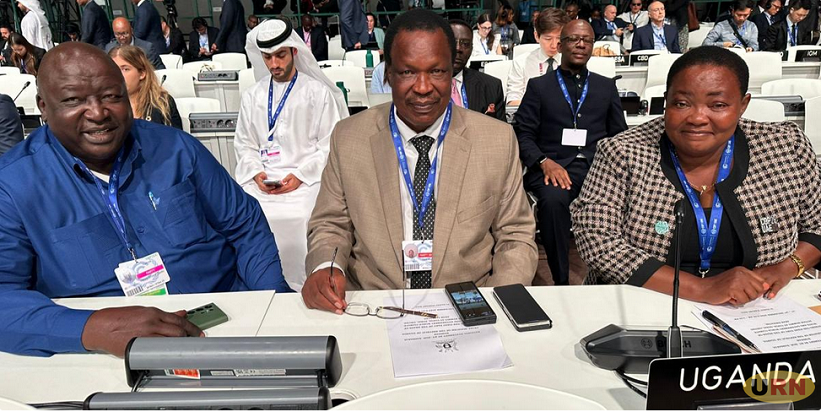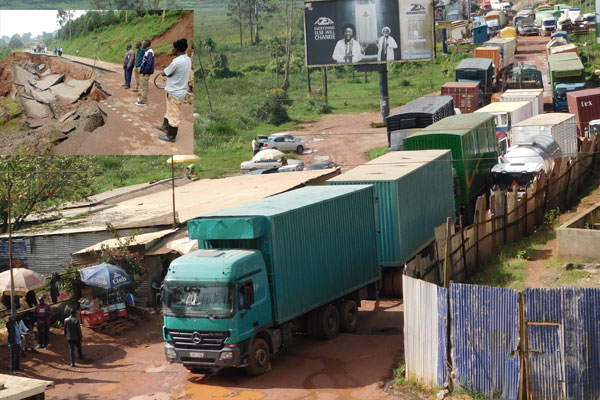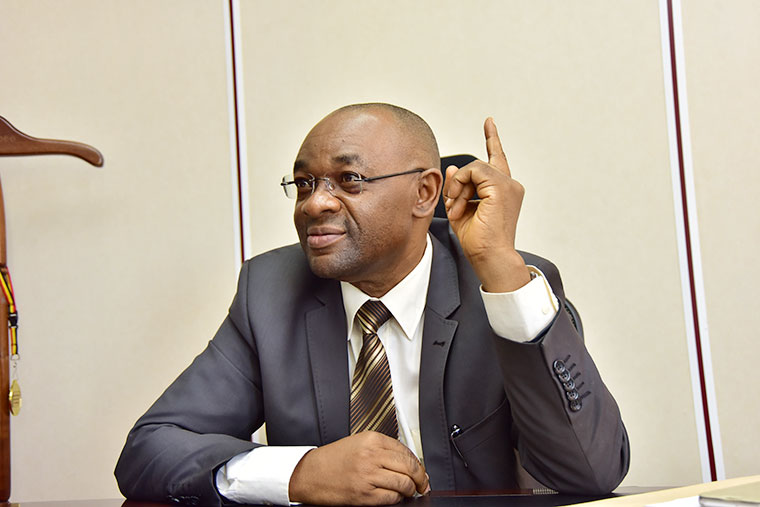One of Uganda’s Climate negotiators, Margaret Athieno Mwebesa says the Climate Change Conference has had some gains as it enters its final stages. The conference which closes on 12th December has entered its crucial stage of negotiations as ministers meet in the next couple of days.
Margaret Atheino Mwebesa, Climate Change. National Focal Point to the UN Framework Convention (NFCC) said there has been some progress in moving the world’s first global stocktake closer to a conclusion. The global stocktake aims at increasing ambition and accelerating action on climate change by informing the next round of climate action plans due in 2025.
Atheino, who has been part of a series explained that Uganda said the global stocktake will help Uganda to develop its next climate plans. Uganda like other countries is expected its Nationally Determined Contribution (NDC) as per Article 4 of the Paris Agreement.
During the conference’s first week, world leaders shared their views and expectations for the global stocktake’s outcome during a series of roundtable meetings.
A total of 29 Heads of State and Government, 21 ministers, 10 high-level officials, three United Nations organizations, and eight non-governmental organizations spoke at the events.
Governments will decide on the global stocktake at COP28, which can be leveraged to raise ambition and action in this decade.
The global stocktake is a process for countries and stakeholders to see where they’re collectively making progress towards meeting the goals of the Paris Climate Change Agreement – and where they’re not.
The science from the UN’s Intergovernmental Panel on Climate Change (IPCC) indicates that greenhouse gas emissions must peak before 2025 at the latest and decline 43% by 2030 to limit global warming to 1.5°C. Crossing the 1.5°C threshold risks unleashing far more severe climate change impacts, the IPCC warns.
There have been three high-level global stocktake events on mitigation, adaptation, and means of implementation. Adaptation
Leaders recognized the significant adaptation implementation and finance gaps. The finance gap is estimated between USD 194-366 billion per year as per the latest UNEP Adaptation Gap Report and stressed the need for all countries to urgently enhance actions to strengthen adaptation and significantly increase the capacity and resources of developing countries, with a focus on those that are particularly vulnerable.
Leaders acknowledged the adaptation efforts of developing countries, which have contributed to building resilience and reducing the vulnerability of the population.
They also recognized that natural ecosystems play a key role in adaptation, including through ecosystem-based solutions, with particular emphasis on water and mountains.
Mwebesa said there are still many areas that need a lot of work as the ministers converge for the ministerial negotiations. The Ugandan is a delegation led by Prime Minister Robina Nabanja.Other Ministers that URN has confirmed are in Dubai include Water and Environment Minister, Sam Cheptoris, his state Minister, Beatrice Anywar, Health Minister, Ruth Aceng, Henry Okello Oryem from Foreign Affairs, Ruth Nankabirwa and Judith Nabakooba from Lands among others.
Uganda continues to push for a Just Energy Transition as the world pushes for a phase-out of oil and gas or generally fossil fuel. Uganda has insisted that a just transition should allow it to exploit oil and gas resources to help it move to a greener economy.
Mwebesa told URN that the issue about the energy transition remains sticky yet is part of the issues Uganda is pushing for at COP28.
Leaders at COP 28 also agreed on the need to rapidly scale up support for adaptation —beyond meeting the target of doubling adaptation finance— and loss and damage; and welcomed the pledges to the new loss and damage funding arrangements and fund. Uganda is excited that the issue of climate financing was fairly dealt with during the week.
Leaders acknowledged that global climate finance flows have increased since the Paris Agreement, but they underlined that finance and means of implementation are not commensurate with the required investments, needs, and priorities to achieve the goals of the Paris Agreement, especially those of developing countries.
They also recognized that capacity building, technology development, and transfer are critical, including for innovation.
Increased momentum on finance at COP28 and from the global stocktake outcome is expected to signal a collective way forward to the outside world.
-URN





